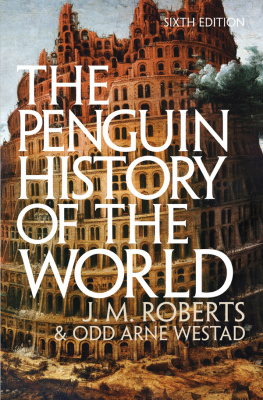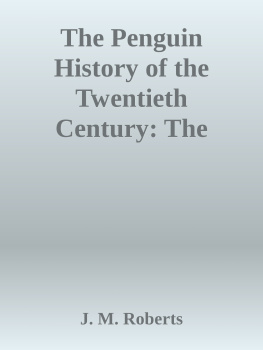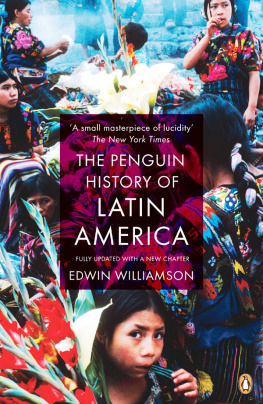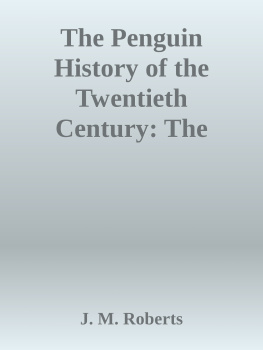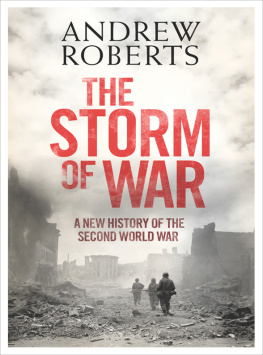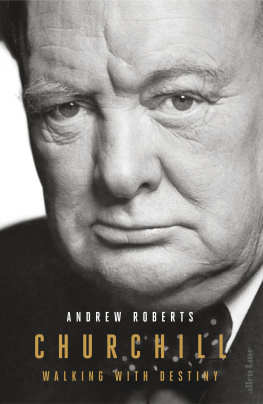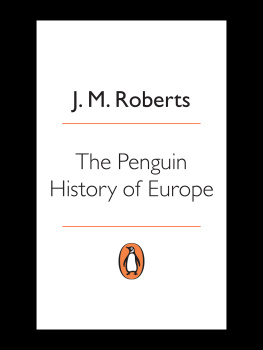ALLEN LANE
Published by the Penguin Group
Penguin Books Ltd, 80 Strand, London WC2R 0RL , England
Penguin Group (USA) Inc., 375 Hudson Street, New York, New York 10014, USA
Penguin Group (Canada), 90 Eglinton Avenue East, Suite 700, Toronto, Ontario, Canada M4P 2Y3 (a division of Pearson Canada Inc.)
Penguin Ireland, 25 St Stephens Green, Dublin 2, Ireland (a division of Penguin Books Ltd)
Penguin Group (Australia), 707 Collins Street, Melbourne, Victoria 3008, Australia (a division of Pearson Australia Group Pty Ltd)
Penguin Books India Pvt Ltd, 11 Community Centre, Panchsheel Park, New Delhi 110 017, India
Penguin Group (NZ), 67 Apollo Drive, Rosedale, Auckland 0632, New Zealand (a division of Pearson New Zealand Ltd)
Penguin Books (South Africa) (Pty) Ltd, Block D, Rosebank Office Park, 181 Jan Smuts Avenue, Parktown North, Gauteng 2193, South Africa
Penguin Books Ltd, Registered Offices: 80 Strand, London WC2R 0RL , England
www.penguin.com
First published in Great Britain as The Hutchinson History of the World by Hutchinson 1976
First published in the USA as History of the World by Alfred A. Knopf, Inc. 1976
Revised edition published as The Pelican History of the World in Pelican Books 1980
Third revised edition published as History of the World by Helicon Publishing 1992
Fourth revised edition published as The New Penguin History of the World by Allen Lane 2002
Fifth revised edition published in Penguin Books 2004
Sixth revised edition published under the present title by Allen Lane 2013
Copyright J. M. Roberts, 1976, 1980, 1992, 2002, 2004
Revisions copyright O. A. Westad, 2007, 2013
The moral right of the authors has been asserted
Cover: The Tower of Babel by Brueghel the Elder akg-images.
All rights reserved.
ISBN: 978-0-14-196872-8
PENGUIN BOOKS
THE PENGUIN HISTORY OF THE WORLD
J. M. Roberts was born in Bath and educated at Oxford. He was a Fellow and Tutor of Merton College, Oxford, from 1953 to 1979. From 1979 to 1985 he was Vice-Chancellor of Southampton University and from 1985 to 1994 Warden of Merton College. From 1967 to 1976 Roberts was joint editor of the English Historical Review. He is the author of Europe 18801945, The Mythology of the Secret Societies, The Paris Commune from the Right, The Age of Revolution and Improvement and The French Revolution. In 1985 BBC2 transmitted the thirteen-part historical series The Triumph of the West, which Roberts wrote and presented, and later in the year he published his book of the same title. He was historical adviser to the successful BBC television series Peoples Century. Roberts was also the author of The Penguin History of Europe and The Penguin History of the Twentieth Century. He died in May 2003.
O. A. Westad was born in Norway and educated at the University of Oslo and the University of North Carolina at Chapel Hill. From 1990 to 1998 he was Director of Research at the Nobel Institute, and from 1998 Professor of International History at the London School of Economics. He has published fifteen books on modern and contemporary international history, among them The Global Cold War (2005), which won the Bancroft Prize, and Decisive Encounters (2003), a standard history of the Chinese civil war. He also served as general co-editor of The Cambridge History of the Cold War (2010) and as an editor of Cold War History. His new book is Restless Empire: China and the World since1750.
List of Maps
South-eastern Europe c. 1400
Preface to the Sixth Edition
John Roberts was a remarkable historian, whose one-volume history of the world is probably the finest ever produced in English. When I first read it, as a teenager growing up in a small town, I was struck by the scope of it all: Roberts does not just recount history, he tells it; he presents the great outline of human development without losing track of the big stories that drove it forward. He has an eye for the unexpected, for the sudden departures, for that which needs explanation because it does not fit easily with what went before. He believes, deeply, in the human capacity for change and transformation, while never making history teleological, never believing that one part of our history points only to one possible outcome. Roberts understands the complexity of history, but also the need to tell it simply, so that the largest possible number of people get the chance to reflect on what has created the world we live in today. In sum, he was the kind of historian I wanted to be.
I was therefore very pleased when, many years later, Penguin asked me to attempt a completely revised sixth edition of Robertss masterpiece. In 2007, after John Roberts died, I wrote an updated fifth edition: it turned out to be a very difficult task, since my work had to consist of adding small pieces to an unfinished revision that the author himself had carried out, just prior to his death in 2003. It made me want to do a fully revised version, which while being as true as possible to the authors intentions took our historical knowledge forward in directions Roberts could not possibly have been aware of when he did his work. What you are reading now is therefore much more than an update; it is a reworking of the text based on new knowledge and new interpretations. It is, I hope, a new world history for a new century.
The first edition of this book appeared in 1976, after Roberts had begun work on it in the late 1960s. It was well received both in Britain and in America, and some reviewers already then called it a masterpiece and an unrivalled world history for our times. Some saw it as too academic to win over a larger audience (one reviewer felt that it was too difficult for his undergraduate classes). Others criticized it in line with the mood of the times for being too elitist or too focused on the rise of the West. But the general reading public appreciated Robertss power of synthesis and composition; his History was a best-seller from the very beginning, and has since sold more than half a million copies. It was the readers, not the reviewers, who made it the predominant history of the world in print today.
John Roberts continued to revise his History through several different stages of historiographical development in Britain, where he lived and worked. His own views did not change much, though there are discernible steps in his revisions of the text. The history of the non-European world became increasingly important to him, as did the early modern era (and especially the sixteenth century). The older Roberts was perhaps less preoccupied with the significance of cultural differences and with open-ended outcomes to history than the younger man had been. But these were not fundamental changes; most of the text remained intact between the first and the fifth editions.

